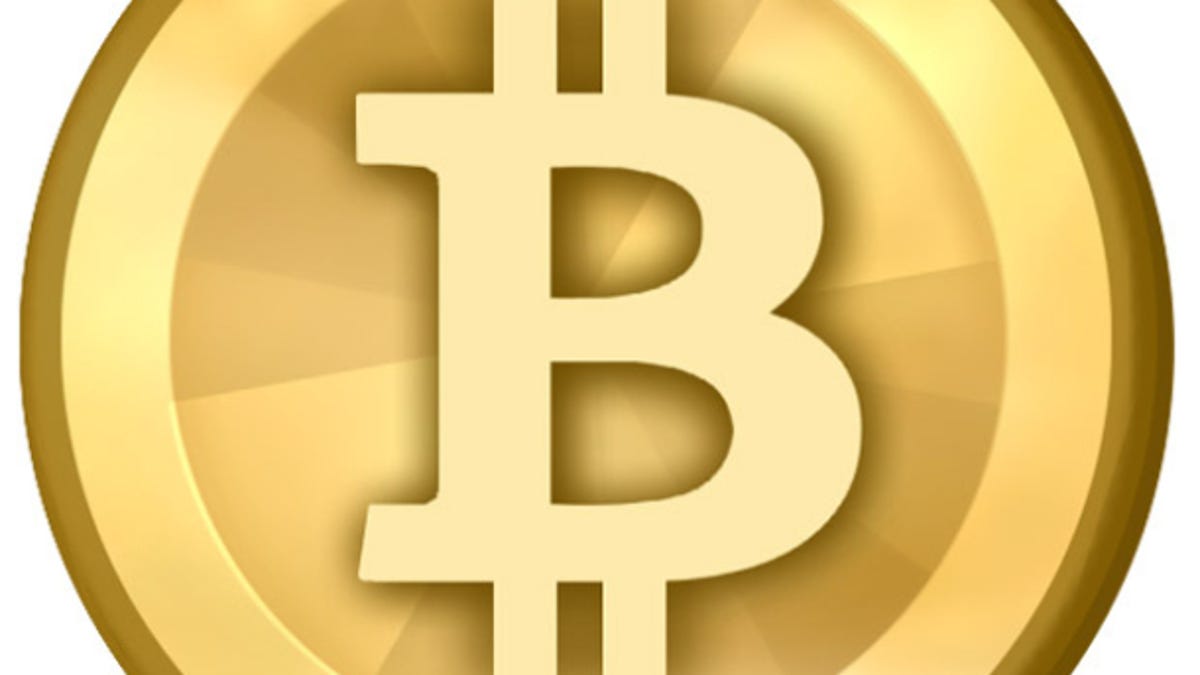Congressman: If we ban Bitcoin, let's ban dollar bills too
"The dollar bill market has been extremely susceptible to forgers, tax fraud, criminal cartels, and armed robbers stealing millions of dollars from their legitimate owners," Rep. Jared Polis writes to federal regulators.

It's in the best interest for the US to put a ban on dollar bills, US Congressman Jared Polis wrote in a letter to federal regulators on Wednesday. This anonymous currency is unregulated, susceptible to instability, illicit activity, and forgery, he said.
Granted, Polis (D-Colo.) was being tongue-in-cheek, but his letter brought up relevant issues in regards to the backlash against Bitcoin, which has seen a major fall from grace over the past few weeks.
However, if Bitcoin is unregulated and vulnerable to instability, so are dollar bills, wrote Polis. The congressman wrote that dollars have been used extensively in drug trafficking and money laundering.
"Dollar bills have gained notoriety in relation to illegal transactions; suitcases full of dollars used for illegal transactions were recently featured in popular movies such as 'American Hustle' and 'Dallas Buyers Club,' as well as the gangster classic, 'Scarface,' among others," Polis wrote. "Dollar bills are present in nearly all major drug busts in the United States and many abroad."
Citing the US Department of Justice, Polis said that more than $1 billion in cash was stolen in 2012 and only 3 percent of it was recovered. Dollar bills also aren't carbon neutral, he said, as they are made from cotton and linen and go through a large amount of treatment and processing. Additionally, the fact that dollars can be exchanged person to person without government oversight allows for anonymous transactions.
"The very features of dollar bills, such as anonymous transactions, have created ubiquitous uses from drug purchases, to hit men, to prostitutes, as dollar bills are attractive to criminals who are able to disguise their actions from law enforcement," Polis wrote. "Due to the dollar bills' anonymity, the dollar bill market has been extremely susceptible to forgers, tax fraud, criminal cartels, and armed robbers stealing millions of dollars from their legitimate owners."
While Bitcoin has become more accepted and grown exponentially over the past few years -- going from $2 per coin in 2011 to roughly $1,000 per coin last fall -- it hit a rough patch the past few weeks.
Prominent exchange Mt. Gox went offline last month and then filed for bankruptcy after it was revealed that hackers stole nearly 850,000 bitcoins through a weakness in the Tokyo-based company's system. Bitcoin bank Flexcoin has also had to shut down after being hacked.
Despite these hurdles, Bitcoin is still trading on other exchanges and coin prices currently range from $400 to more than $4,000. Polis argues that the danger with Bitcoin is roughly equivalent to that of dollars.
"The clear use of dollar bills for transacting in illegal goods, anonymous transactions, tax fraud, and services or speculative gambling make me wary of their use," Polis wrote. "Before the United States gets too far behind the curve on this important topic, I urge the regulators to work together, act quickly, and prohibit this dangerous currency from harming hard-working Americans."

